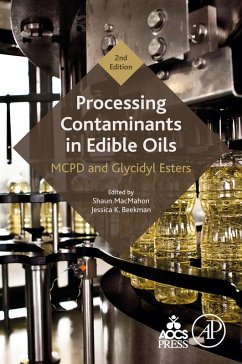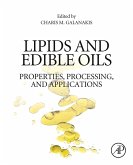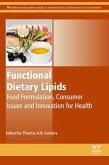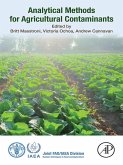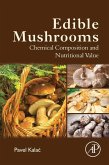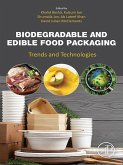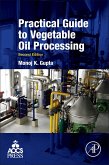The mechanisms of formation for MCPD and glycidyl ester contaminants, as well as research identifying possible precursor molecules are reviewed, as are strategies which have been used successfully to decrease the concentrations of these contaminants. From the removal of precursor molecules before processing, modifications of deodorization protocol, to approaches for the removal of these contaminants after the completion of processing, methods of mitigating and eliminating contaminants are presented.
- Include a new chapter on methods for MCPD and glycidyl esters in food
- Details the mechanisms of formation for these contaminants and research identifying possible precursor molecules
- Presents successful strategies to decrease the concentrations of these contaminants in edible oils
- Includes analytical strategies for accurate detection and quantitation of the contaminants along with their toxicological properties
Dieser Download kann aus rechtlichen Gründen nur mit Rechnungsadresse in A, B, BG, CY, CZ, D, DK, EW, E, FIN, F, GR, HR, H, IRL, I, LT, L, LR, M, NL, PL, P, R, S, SLO, SK ausgeliefert werden.

